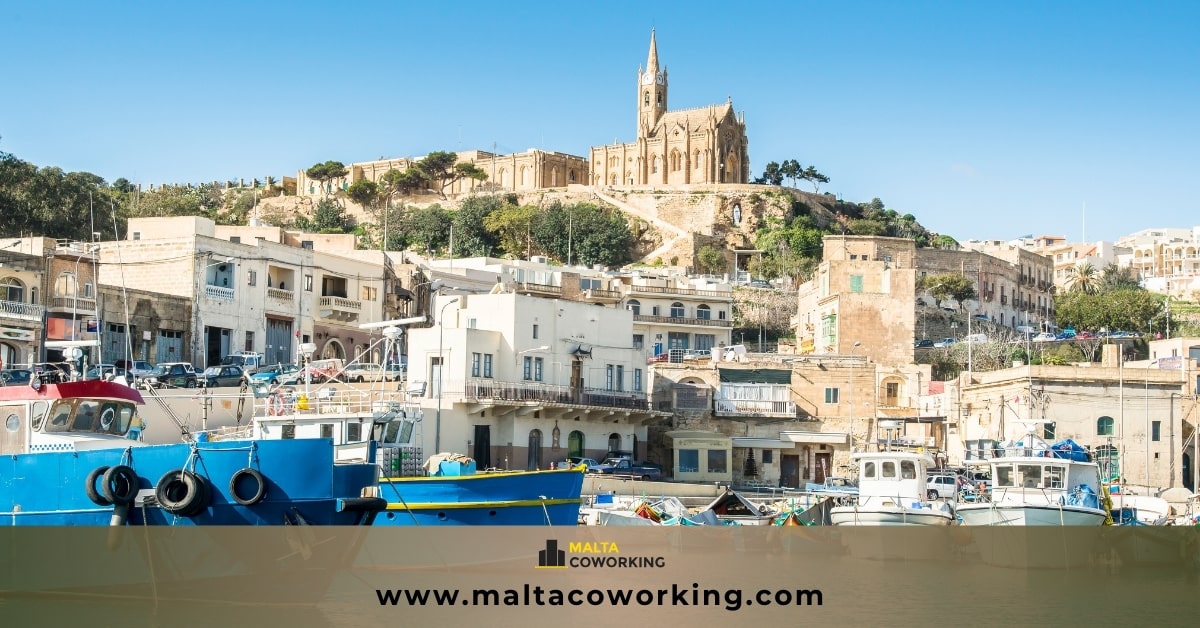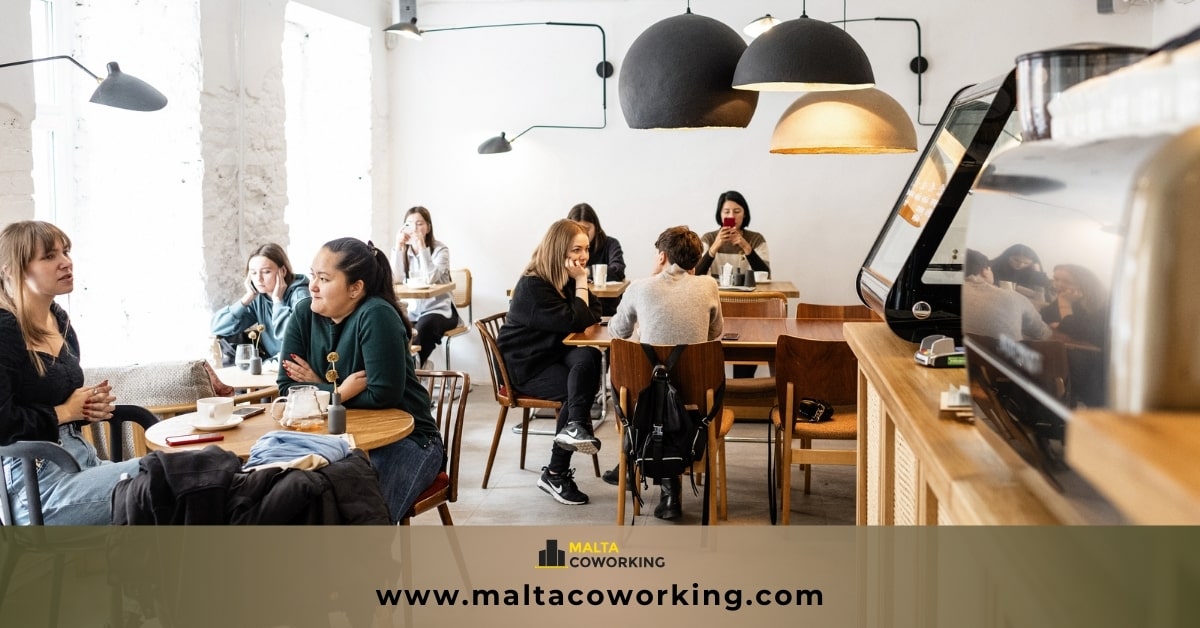Introduction to Malta’s Unique Cultural Landscape
Malta, a small archipelago in the central Mediterranean, has a rich cultural history shaped by centuries of diverse influences. Its strategic location made it a crossroads for trade, migration, and conquest, resulting in one of the most culturally diverse regions in Europe. The phrase “communities in Malta” captures the island’s long history of welcoming various cultures, each leaving a lasting impact on its traditions, language, and lifestyle. This fusion showcases how Malta evolved through waves of different settlers.
A Historical Overview of Migration in Malta: How Past Communities in Malta Shaped the Island
Influence of Phoenicians, Arabs, and the Knights of St. John
Malta’s cultural diversity began with the Phoenicians, an ancient maritime civilization that connected the island to the wider Mediterranean world. They brought their language, customs, and seafaring expertise, setting the stage for a multicultural society. Later, the Arabs, who arrived in the 9th century, left a deep influence, especially on the Maltese language, which still contains many Arabic-derived words.
The Knights of St. John, arriving in the 16th century, had a significant impact on Maltese culture. They transformed Malta into a Christian stronghold, bringing European Renaissance culture, art, and architecture. Their influence remains evident today, particularly in Valletta’s grand buildings and fortifications.
The British Colonial Era and its Impact on Communities in Malta
Malta became a British colony in 1814, following centuries of rule by European powers. British influence left a lasting mark on Malta’s education, legal system, and daily life. English became an official language alongside Maltese, and British customs, such as driving on the left, remain part of Maltese life today.
Maltese Language: A Reflection of Cultural Fusion Among Communities in Malta
Influence of Arabic, Italian, and English
The Maltese language exemplifies the island’s cultural blend. With Semitic roots from Arabic, it has absorbed Italian and English influences over time. Written in the Latin alphabet, Maltese incorporates many Italian and English words, reflecting Malta’s close ties to these cultures.
The Role of Italian Language in Modern Communities in Malta
Italian has had a major influence on Malta’s language and culture, particularly during the time of the Knights of St. John. Today, Italian media, music, and culture have a strong presence in Malta. Many Maltese people speak Italian fluently, and Italian cuisine has heavily influenced the local food scene.
Italy’s Deep-Rooted Connection with Communities in Malta
Historical and Cultural Ties between Italy and Malta
Malta’s close proximity to Italy, especially Sicily, has shaped its history for centuries. Sicilian rulers governed Malta during various periods, and this interaction influenced Malta’s trade, governance, and culture. Italy’s historical ties to Malta have left an enduring legacy.
Italian Influence on Maltese Cuisine: A Taste Shared by Communities in Malta
Italian food is a core part of Malta’s culinary tradition. Pasta, pizza, and other Italian staples blend with local dishes, creating a unique fusion. Dishes like timpana (baked macaroni pie) and ross il-forn (baked rice) highlight the Italian influence on Maltese cuisine.
Communities in Malta: A Melting Pot of Cultures
The Italian Community in Malta
The Italian community in Malta is one of the largest and most prominent foreign groups. Italians have migrated to Malta for centuries, initially for trade and later for work. Today, Italians play a key role in Malta’s business, culinary, and cultural scenes, contributing significantly to the island’s vibrant expatriate community.
The British Expatriates
The British form another important part of the communities in Malta. Many British expatriates, particularly retirees, have settled in Malta due to its warm climate, English-speaking population, and historical ties to the UK. British customs, such as afternoon tea and pub culture, are part of daily life in Malta.
The North African Influence on Communities in Malta
North African influence on Malta can be traced back to Arab rule, which left its mark on the island’s architecture and cuisine. Elements of Moorish design, such as arches and geometric patterns, are still visible in some of Malta’s older buildings. North African spices and ingredients, like cumin and coriander, also find their way into Maltese dishes.
Festivals and Traditions Reflecting Cultural Diversity
The Italian Festa: Celebrating Saints with Italian Flair
Maltese festa celebrations, which honor local patron saints, are deeply rooted in Italian traditions. Each town and village has its own annual festa, featuring elaborate processions, fireworks, and communal feasts. These celebrations highlight the shared religious and cultural heritage between Italy and Malta.
Malta’s Art and Architecture: A Blend of European and Arabic Styles
Italian Baroque Influence and Moorish Architecture
Malta’s architectural landscape reflects its multicultural history, with Italian Baroque and Moorish influences blending harmoniously. Italian architects, brought to Malta by the Knights of St. John, designed grand churches, palaces, and fortifications, while traces of Arab rule remain in certain design elements.
Valletta: A Testament to Cross-Cultural Influences
Valletta, the capital of Malta and a UNESCO World Heritage site, symbolizes the island’s rich cultural history. The city’s baroque architecture, planned by Italian architects, stands alongside influences from other European powers. Valletta remains a cultural hub that showcases centuries of cross-cultural exchanges.
Modern Cultural Exchanges between Italy and Malta
Today, cultural exchanges between Italy and Malta remain strong. Italian businesses operate in Malta, and many Maltese students study in Italy, keeping the bond between the two nations vibrant. Collaborative projects in art, education, and commerce continue to strengthen these ties.
Embracing Malta’s Cultural Diversity in a Globalised World
Malta’s long history of migration and cultural exchange has resulted in a unique cultural fusion. The communities in Malta—from Italians to British expatriates and North Africans—have contributed to the island’s rich cultural fabric. As Malta navigates the challenges and opportunities of globalisation, it stands as a powerful example of how diverse cultures can coexist and thrive together.
FAQs
What communities are most prevalent in Malta today?
The most prevalent communities in Malta include Italians, British expatriates, and North Africans, all of whom contribute to the island’s cultural diversity.
How did Italy influence Malta’s traditions?
Italy has influenced Malta through its language, cuisine, architecture, and religious traditions, particularly during the time of the Knights of St. John.
What role does the Italian community play in modern Malta?
The Italian community in Malta actively contributes to local business, culture, and daily life, especially in sectors like food, fashion, and the arts.
How does Malta’s language reflect its cultural diversity?
The Maltese language combines Semitic roots from Arabic with significant Italian and English influences, reflecting the island’s multicultural history.
What festivals in Malta have Italian origins?
Many festa celebrations in Malta have Italian origins, reflecting the shared Catholic traditions and cultural influence between the two nations.
Why do so many British expatriates live in Malta?
British expatriates are drawn to Malta for its warm climate, English-speaking environment, and the island’s historical ties to the UK.









